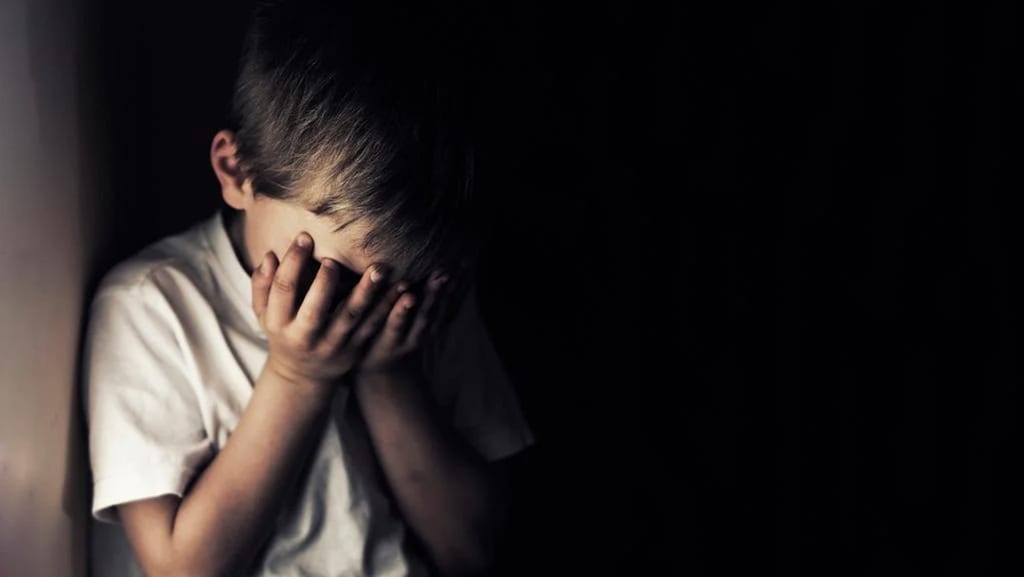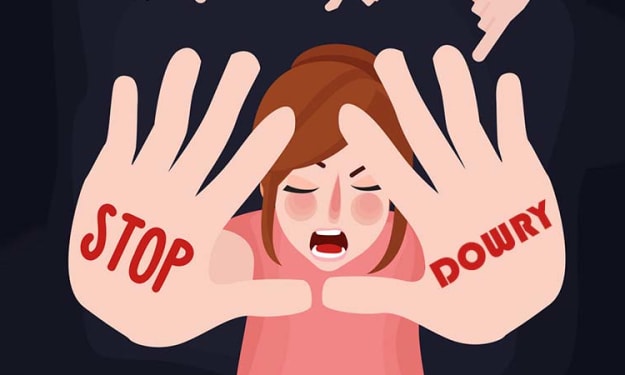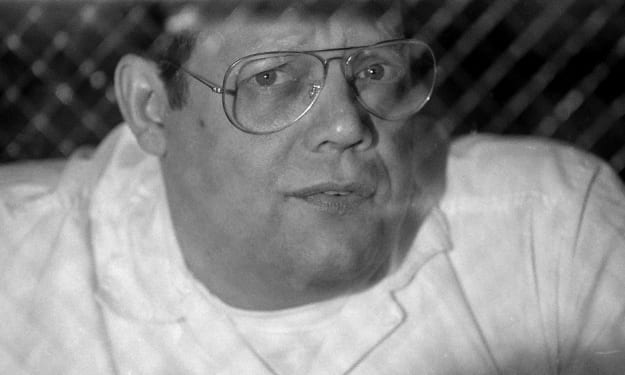Juvenile Delinquency in India Causes and Prevention
Juvenile Delinquency

Juvenile criminality does not develop naturally in youngsters, but it is common as a result of their upbringing, their own irrational actions, or just a lack of discipline and instruction.
As Frederick Douglass famously stated, it is easier to raise strong children than it is to rehabilitate wounded men. Youth is one of a country's most important assets. If a country's population is not well groomed, the country's future is dismal. As a society, we have a moral and ethical responsibility to provide a safe and healthy environment in which all children can learn and thrive.
Juvenile crime does not occur naturally in children, but it is prevalent in them as a result of their upbringing, their own irrational actions, or just a lack of discipline and sufficient education.
It is simpler to develop strong children than it is to rehabilitate damaged men, as Fredrick Douglass once said. One of a country's most valuable resources is its youth. The future of a country would be bleak if this populace was not well groomed. We have a moral and ethical obligation as a society to create a safe and healthy environment for all children to learn and grow in.
The most prevalent reasons for a child breaking the law are a lack of knowledge or flaws in their upbringing as a result of an unhealthy socio-cultural milieu, causing the To reduce inequity and ensure social justice in the country, all young people must be given equal and fair opportunities.
Who is a Juvenile------A person who has not finished their 18th year of age is defined as a "Juvenile" or "Child" under Section 2(k) of the Juvenile Justice (Care and Protection of Children) Act of 2000. A juvenile is a young person who has not reached the legal age of majority in his or her nation and who bears no resemblance to an adult who can be held legally liable for his or her illegal conduct.
What is Juvenile Delinquency----Juvenile delinquency is the involvement of juveniles in illicit activities. A person's behaviour is described as 'delinquent' when he deviates from the typical flow of his social life. In other terms, a juvenile delinquent is someone whose activities are dangerous to society and to themselves. Running away from home, using improper or vulgar language, committing sexual offences, and other acts of delinquency are examples of delinquency.
Historical Background of Juvenile Justice System India---The Juvenile Justice Act of 1960 was in effect throughout the country prior to the Juvenile Justice Act of 1986, which was enacted by Parliament to offer care, protection, treatment, development, and rehabilitation to neglected or delinquent youngsters. As a result, the Juvenile Justice Act of 2000 was passed in India. Later, on December 30, 2000, the Juvenile Justice (Care and Protection of Children) Act, 2000 became the fundamental legal foundation for juvenile justice in India.

Causes of Juvenile Delinquency----A person's delinquent behaviour can be influenced by a number of things. A minor with a low IQ who has not received adequate education is more prone to engage in delinquent behaviour. Impulsive behaviour, uncontrolled hostility, and an inability to defer gratification are all possible causes.
Individual considerations include mental health aspects as well. An individual's mental state has a significant impact on his social behaviour. As a result, these elements may contribute to a juvenile's involvement in hazardous, destructive, and unlawful actions.
Substance abuse factors---The majority of juvenile delinquent cases involve substance misuse. Adolescents today use more powerful drugs than they did ten years ago. Furthermore, many children begin using drugs at a young age. Adolescents who use these substances, whether illegal or legal, are more likely to commit crimes. Furthermore, a youngster under the influence of drugs or alcohol is more likely to participate in destructive, harmful, and unlawful behaviour.
Prevention of Juvenile Delinquency----For such children, prevention is essential. It is critical to first identify such kids and then provide them with the appropriate treatment. If they are not stopped from committing crimes in a timely manner, these adolescents will become habitual offenders. Furthermore, the most effective strategy to prevent juvenile delinquency has unquestionably been to help children and their families from the start.
The state's programmes aim for early intervention, allowing a variety of groups to approach the problem in a variety of ways. Various provisions for the prevention of juvenile delinquency have been proposed by a number of jurists and criminologists. The following are some of the provisions that are extremely beneficial to the welfare, development, and growth of juveniles.
About the Creator
Paramjeet kaur
Hey people! I am my own person and I love blogging because I just love to share the small Stories






Comments
There are no comments for this story
Be the first to respond and start the conversation.